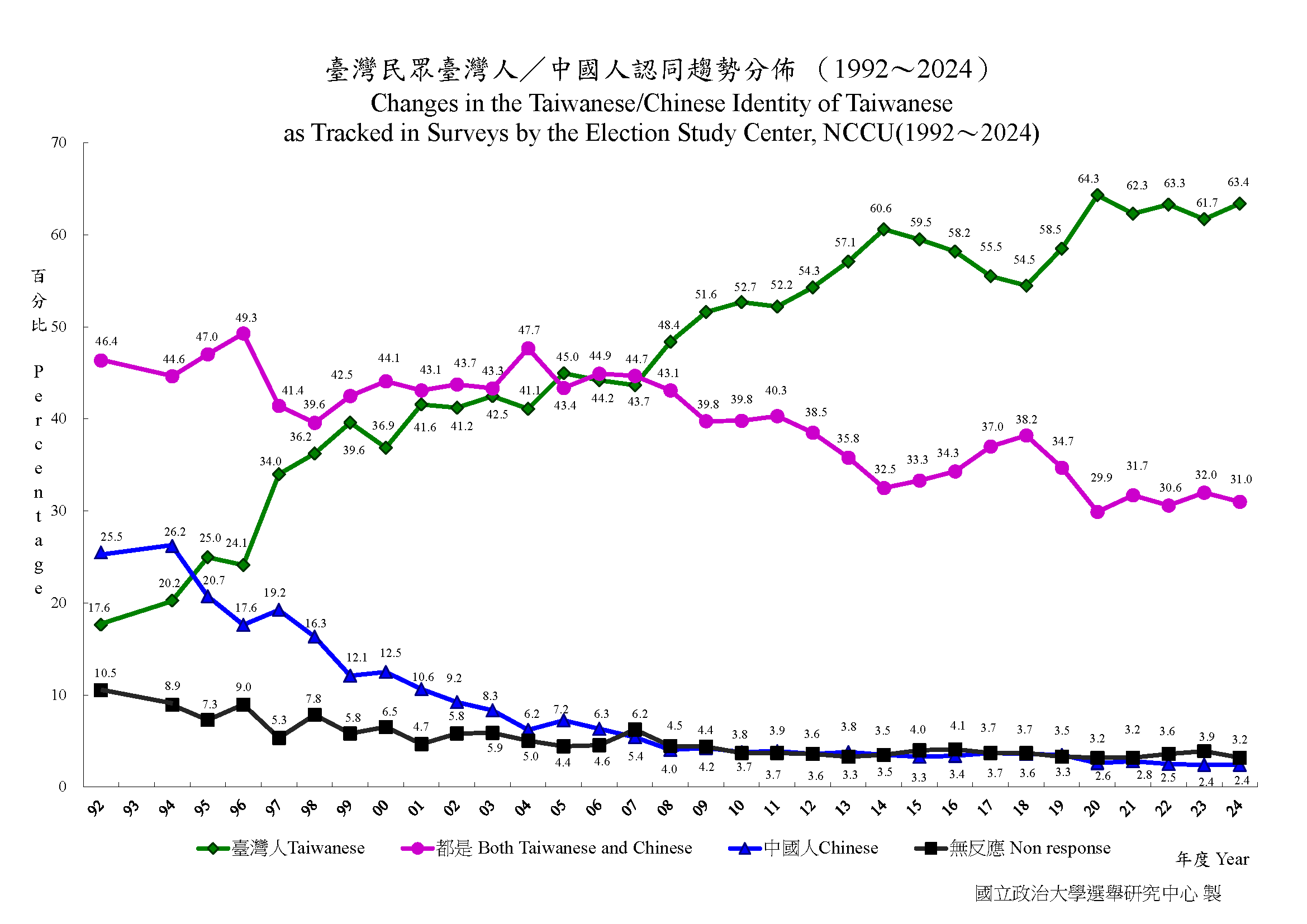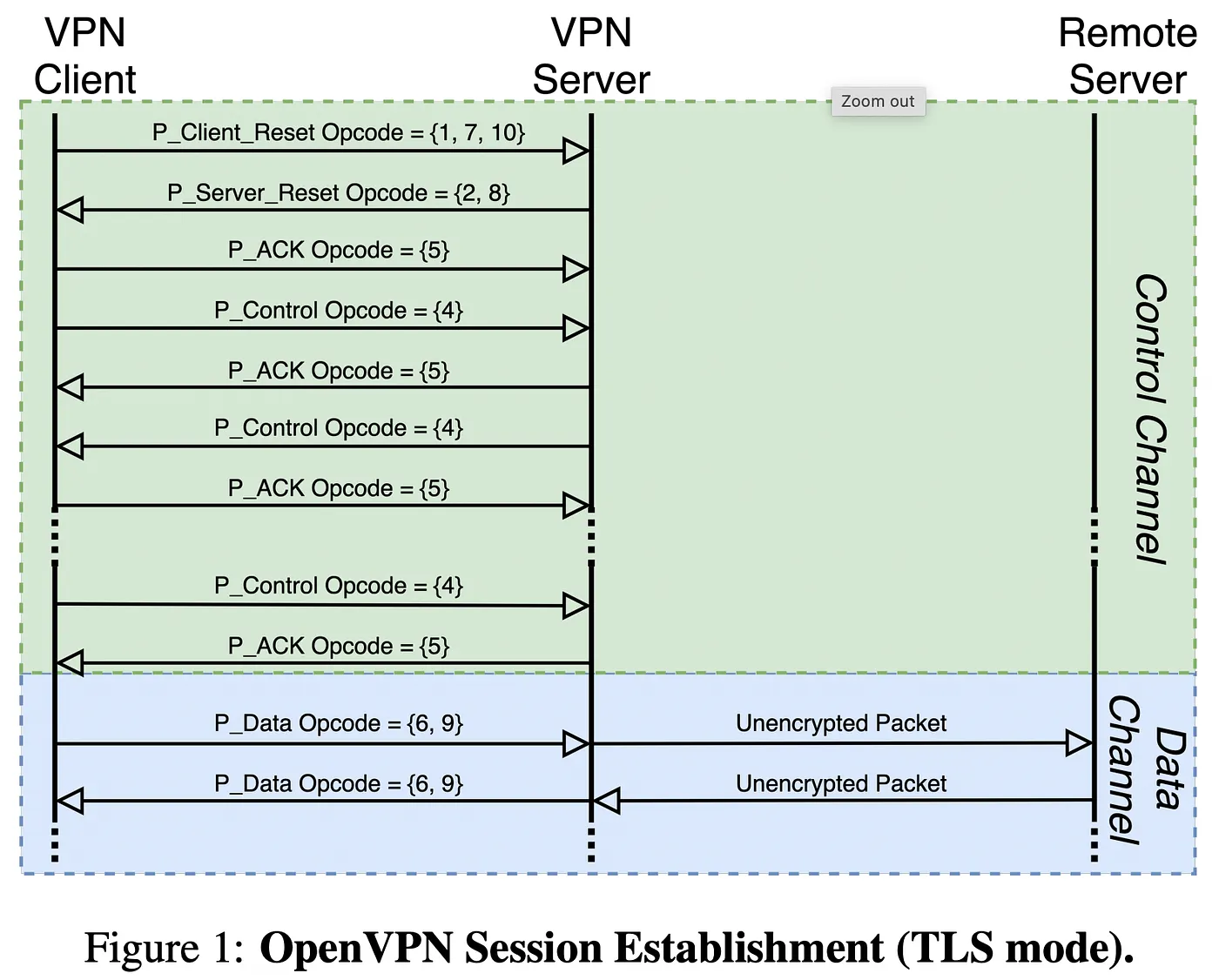

The thing that nobody wants to admit with Tibet is that China won. They moved a bunch of Han people into the region and it’s now so interconnected with the rest of China that even if a completely free and fair referendum were held on independence, it’d probably be defeated 2 to 1. Call me a bot or a doomer, but if you ever go to Tibet, you’ll realise the old Tibet is pretty much gone. All that’s left is just another Chinese province with Tibet-themed attractions. They did it with Tibet and Inner Mongolia, they are doing it to Hong Kong, and if given the chance, they’d do it to Taiwan too.










They are trying not to remind China of their continued existence